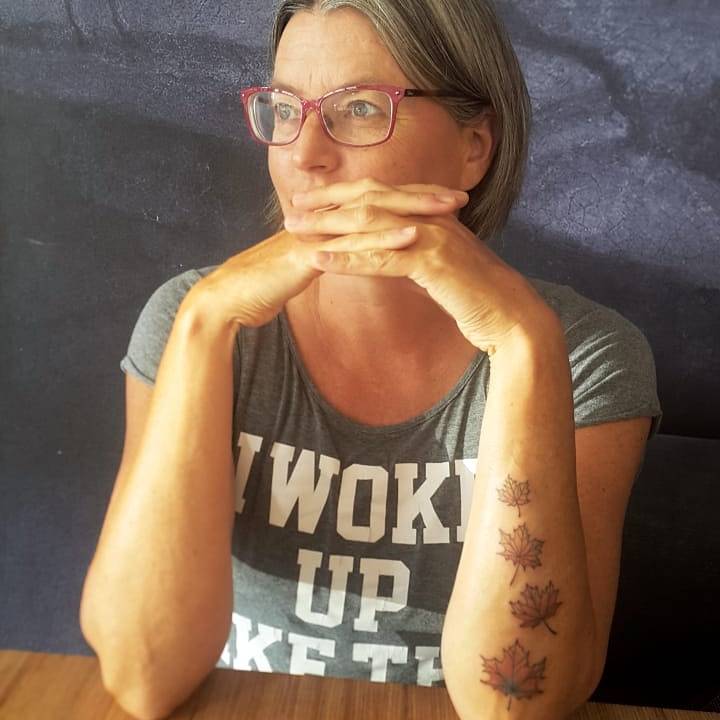Professor Susan Thomson: Practicing Nonviolence in Our Everyday Lives
Beloved peace and conflict studies (PCON) Professor Susan Thomson has been teaching at Colgate for the past ten years. Trained as a political scientist, Thomson explained that mainstream American social science isn’t always welcoming of the type of research she conducts. Her research is in the discipline of PCON because she is concerned about how people live through conflict and rebuild after wars.
The majority of her work surrounds the 1994 genocide in Rwanda, a period of extreme violence largely overlooked by the international community. Thomson focused specifically on how the rural population in Rwanda’s society understood government-led justice initiatives after the genocide. Thomson’s more recent work looks into the lives of female refugees in Nairobi as well as former child soldiers who find refuge in South Africa. She explains why the questions she seeks to answer are not based on political science.
“Political science is mostly concerned with institutions, and I’m concerned about how people experience institutions. Political science sometimes doesn’t have the tools that I need to answer my questions. PCON gives me the avenue to think about these things using different tools,” Thomson said.
Thomson highlighted the value of poetry for people who have experienced violence, saying that it is often a powerful medium for people to express themselves. She also explained the overlap between PCON and other disciplines.
“We use English scholars all the time, for example, Elaine Scarry, author of ‘The Body in Pain.’ She basically says, and this is what we teach in peace and conflict studies, that we don’t actually have the language to describe the violence that we experience,” Thomson explained. “Language is just too limiting. There sometimes isn’t language strong enough to communicate what you have experienced to another human. Humans just lack language.”
As a professor, Thomson’s goals for her students include reading carefully and writing well. In her courses, she incorporates texts written by herself. This benefits her students because having the author in the room for class discussions allows her students to ask questions such as why she chose a certain framing or concept, and how she ethically and practically gathered the stories of the people who form the basis of her knowledge.
Teaching her own materials is often intense, but Thomson wants to demonstrate to her students that relationships are important. While it is easy to read class materials in a scholarly way, Thomson emphasizes that her research transcends academics – she details what it’s like going into peoples’ homes, meeting their families and becoming a part of their lives. All of her courses take a nonviolence approach to teach students about systems of violence and to better understand how people live through and manage violence. Thomson explains the role of fear in perpetuating violence.
“Fear is structural. Governments can use fear to manipulate people. We see that in the U.S., and it is true of any society. Fear is a form of power but it’s also a deeply-held human emotion,” she said.
When asked about International Day of Nonviolence, Thomson explained why she is wary of holidays created by institutions.
“These days are framed by institutions, and I’m highly skeptical that institutions can deliver the justice, reconciliation and sense of peace that people require. I think that justice is a community act, rather than a one-and-done.”
While nonviolence is central to the everyday mission of the PCON department, Thomson emphasizes how it should be embedded in our relationships and private lives, too.
“I think we should all practice nonviolence interpersonally, in our speech and in our behavior,” Thomson concluded.





